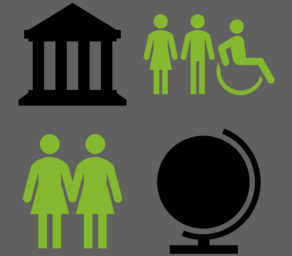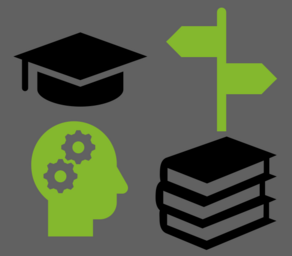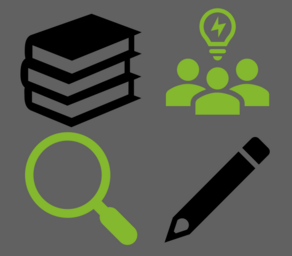Research areas
Language and cognition
Language has a crucial influence on the way we think, plan our actions and perceive the world. The main focus of the projects in this area is on how language is used to improve our mental concepts like movement, space, color.
Spatial cognition
Spatial cognition refers to the effect of language on spatial perception. Speakers of different mother-tongues display different non-linguistic and linguistic behavior with respect to space and spatiality. Such behavioral differences can usually be attributed to grammatical differences in respective languages.
Speech pathology
Language is a fragile system. This becomes evident when affected by speech disorders or specific illness. In this research area, speech processing of speakers with Alzheimer’s, dementia, Down’s syndrome (Trisomy 21) or William-Beuren syndrome as well as of children with language-specific development disorder are investigated and compared.
Acquisition of first & second language
These projects examine how children acquire their mother tongue(s) or other languages during their childhood. We also examine adults in the case of secondary or foreign language acquisition. The languages that a person learns across his/her lifespan are not stored separately from one another. On the contrary, they are neurally interwoven and therefore influence each other.
Bilingualism
In general, there are widespread prejudices in Germany concerning bilingualism and multilingualism. In bilingualism-related projects, it is a question of countering these prejudices by empirically supported data. Bilingual speakers have cognitive advantages, even during their childhood, which can also be seen in non-linguistic tasks, such as Mathematics, and can compensate for other disadvantages (for example, social origin).
Highly gifted
Inclusion in the school is not only about involving students with disabilities or impairment in learning processes, but also highly gifted ones. The projects on this topic aim to lay down the psycholinguistic foundations in this domain. Here we want to study the benefits and advantages experienced by students highly gifted in Mathematics and Language.






